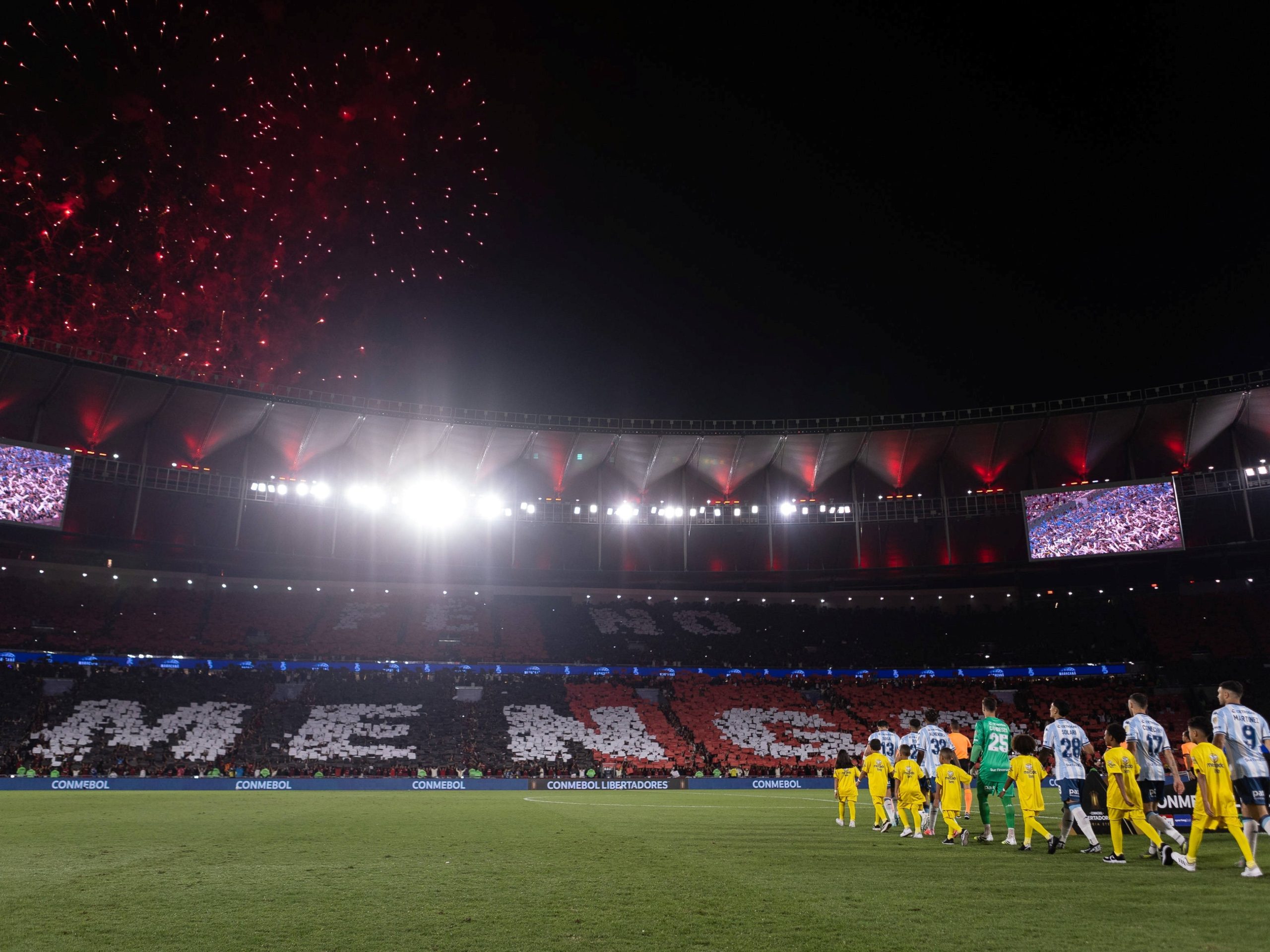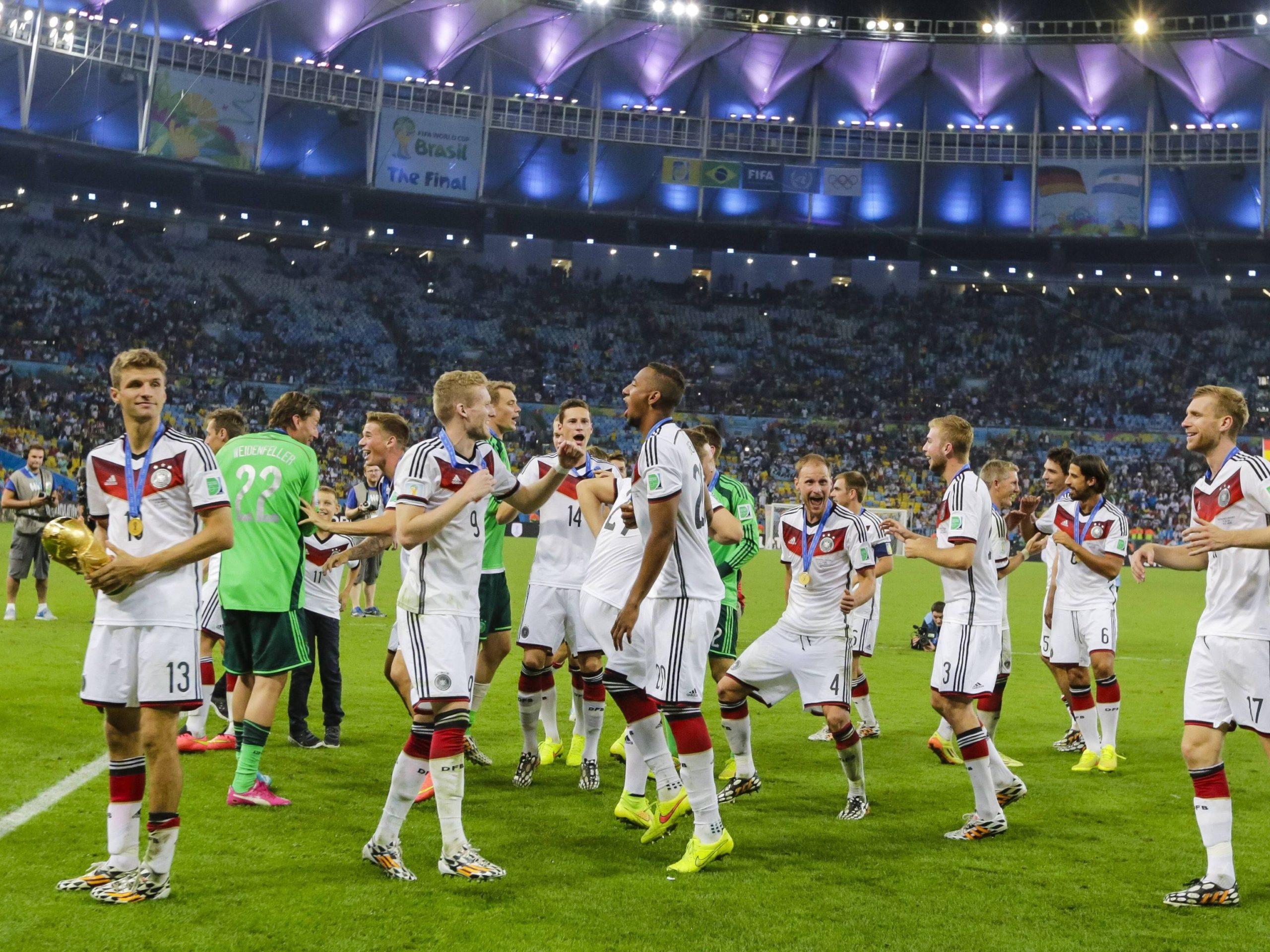The Maracana Stadium, one of the most iconic and well-known football stadiums in the world is set to be put up for sale by the state of Rio de Janeiro.
According to Marca, the state government is attempting to ease growing debt concerns to Brazil's central administration, which are reportedly worth around £1.7 billion and due for repayment in 2026.
Rio de Janeiro state government set out to ease debt issues
The legendary stadium is reportedly one of 62 state-owned assets in line to be sold to raise funds, having been one of 30 added to an initial list.
Opened in 1950, the Maracana is believed to cost the state approximately £140,000 per match in maintenance, with matchdays being regular given it is shared by Flamengo and Fluminense.

President of the legislative commission overseeing the proposal, Rodrigo Amorim, commented that selling the arena could generate more than £279 million for the state, while also stressing that its maintenance and upkeep have become unsustainable for budgets available.
Focus is also set to be placed on revitalising idle and loss-making public assets for more productive use, with a full proposal set to be submitted in the coming weeks for votes from Rio's Legislative Committee.
The plan is not the first of its kind, though, with a proposal to privatise the Maracana in 2011 later abandoned, and public backlash to the latest advancements has again been fierce, with concerns around the sale of a national symbol harming the country's football heritage.
One of two stadiums to host two World Cup finals
The 75-year-old arena boasts an abundance of history, having been the venue of two World Cup finals, firstly the culmination of the 1950 edition, for which it was built.
In an event now remembered as the ‘Maracanazo', the 1950 final was played in Rio de Janeiro front of a record-breaking crowd of almost 200,000 and saw Brazil defeated 2-1 by Uruguay.

The World Cup final then returned 64 years later in 2014, as a crowd of 74,738, with capacity reduced over time by the enforcement of seating areas, witnessed Germany win the trophy by beating Argentina after extra time.
Having been reduced to its current size before that tournament, the Maracana has since notably hosted Olympic football games in 2016 and two Copa America finals – the 2019 edition which saw hosts Brazil prevail over Peru and the 2021 final in which the Selecao fell short against Argentina.
FGG Says
The sale and privatisation of the Maracana Stadium would certainly be a sad indictment of the state of affairs in Rio de Janeiro. The ground is undoubtedly one of the most iconic and well-known in the world and particularly tied to World Cup history and Brazilian football heritage.
As Amorim states, though, the move may be one of the only viable options to improve the state's financial position, both by providing much-needed funds and relieving state government of ongoing upkeep and maintenance costs.
Furthermore, the privatisation may give rise to further improvements and renovations of the venue, albeit while facing fan backlash.
